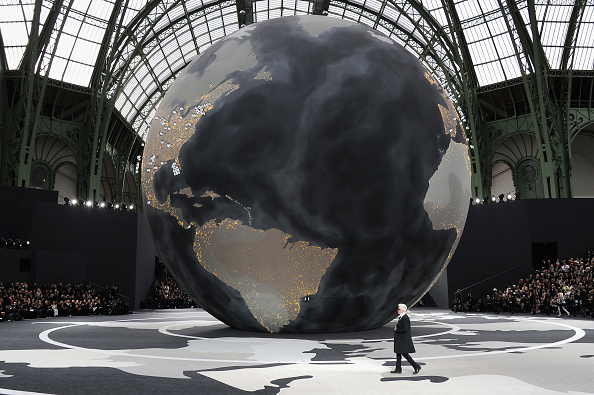Global cooperation is under threat – here’s how to revive it

Now is a difficult time for international cooperation.
The Amazon is ablaze, and world leaders seem powerless to save the planet’s lungs from careless destruction.
The global economy is teetering on the brink of a downturn, with a US-China trade war showing no signs of abating.
Meanwhile, the UK is set to launch in November into an independent existence at the mercy of a precarious and dysfunctional Word Trade Organisation.
If this feels like an odd time to make a reinvigorated case for building a stronger global community, that is precisely why it is so badly needed. We urgently need to think through what it would take to restore faith in international institutions. And above all, that requires strengthening the bonds of trust and common feeling that bind all humans together.
The starting point is to acknowledge that all is not lost. According to several major international surveys, over half of all people say that they feel “more like a citizen of the world than of any country”.
That proportion has flatlined at around 20 per cent or 30 per cent in the countries in Europe and North America that are afflicted by populist nationalism, but in the most populous and fastest growing countries, such as India, China, Nigeria and the Philippines, an increasing majority of people are proud to be self-professed “global citizens”.
Remember also that while the world can at times seem hopelessly divided, amazing progress has been made towards a feeling of common humanity.
Probably half of all humans watched the World Cup last year. Meanwhile, the global momentum of young climate activists led by Greta Thunberg, and the #MeToo movement which has shaken the gender hierarchy on every continent, show that many of us are prepared to think and act globally.
However, a global community cannot be realised while so many voters in major economies respond positively to an unabashedly insular message. Rather than berating or ignoring them, we must stop trying merely to defend the status quo, and instead recognise the problems in the current system and fix them.
That means talking about ourselves and others differently.
People who support international cooperation are too often content to think of an imaginary “west” as the global in-group, containing rich, liberal democracies. The truth is far more complex. The biggest democracy is India. The second biggest rich economy is Japan. The numerical majority of “global citizens” live in Africa and Asia.
If we want an international community to work, we need to talk instead about the values that we want it to embody.
Every country in the world in 2015 signed up to a set of Global Goals, from ending poverty and climate change to ensuring gender equality. These values are not the exclusive property of “the west”, but a global project which we should work to embed in the hearts and minds of all people.
The tremendous change wrought by globalisation has had immensely positive impacts, but also created deep anxieties. We need to make clear that the purpose of global cooperation is to protect nation states from each other, not to undermine national identities, or national governments.
We can build a stronger layer of global identity without erasing the smaller groups that sit within it, in the same way that someone can be proud of being from London, Britain and Europe, all at the same time.
Protecting the nation state above all means respecting democratic decision-making.
Where the majority of people want to reduce immigration, supporters of a more open world need to accept that fact, confident that when communities feel they have a degree of control over the process, they will become increasingly more open to outsiders.
Finally, we need a positive vision of a fairer world. While it has brought benefits, the current global system stands out as unjust in two respects.
Economically, we have created the engines for global wealth creation, but have not closed the loopholes through which many of the richest avoid paying tax.
We need a new international agreement to prevent tax havens free-riding on wealth created elsewhere, so that countries can regain the power to tax their own citizens.
Politically, the current system leaves decisions of war and peace to a small cabal of nuclear-armed states. We need a renewed effort to reform the United Nations security council, so that the world responds to invasions and ethnic cleansing through a far more legitimate decision-making process.
These are not easy tasks, nor will they be completed quickly. It may not be until another major tragedy of climate or war that the political will for action is created.
But by working now to make the case of what a more effective global community would look like, we have a chance of avoiding that fate.
Main image credit: Getty